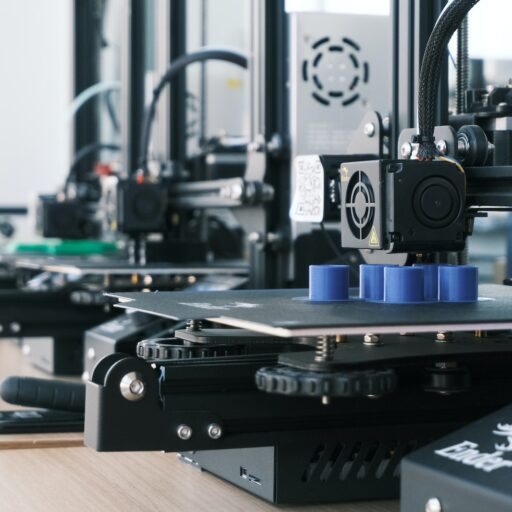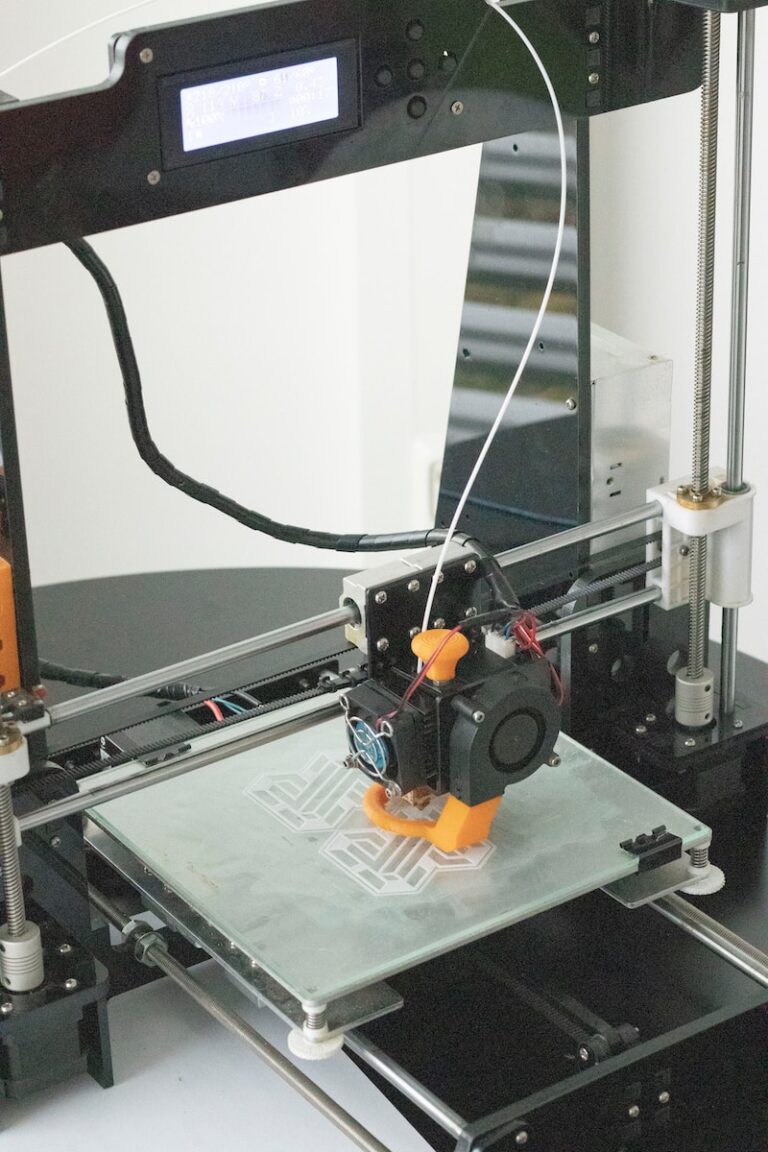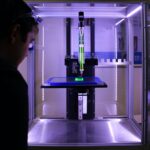Support our educational content for free when you purchase through links on our site. Learn more
How Much is a Really Good 3D Printer? Discover Our Top 10 Picks for 2024! 🖨️
Have you ever thought about bringing your wildest ideas to life with a 3D printer? Imagine crafting everything from intricate jewelry to functional prototypes right from the comfort of your home! But with so many options available, you might be wondering: how much does a really good 3D printer cost? 🤔
In this article, we’ll dive deep into the world of 3D printing, exploring budget-friendly options, high-end professional machines, and everything in between. You’ll learn about the factors that influence pricing, the best printers on the market, and whether investing in a 3D printer is truly worth it. Spoiler alert: you might be surprised at how accessible quality 3D printing can be!
Did you know? The 3D printing market is expected to reach a staggering $44.49 billion by 2026! With such rapid growth, understanding what makes a good 3D printer is more crucial than ever. So, let’s untangle the mystery of pricing and find the perfect printer for your needs!
Key Takeaways
- Price Range: A quality 3D printer can cost anywhere from a few hundred to several thousand dollars, depending on features and intended use.
- Types of Printers: Different technologies (FDM, SLA, SLS) cater to various needs, influencing both price and print quality.
- Top Picks: We’ve compiled our top 10 3D printers for 2024, featuring options for hobbyists and professionals alike.
- Ongoing Costs: Remember to factor in the cost of materials and maintenance for a complete budget.
- Your Needs Matter: Choosing the right printer depends on your specific requirements and expertise level.
Ready to explore the world of 3D printing? Check out our recommended products and start your journey today! 🛒
Table of Contents
- Quick Tips and Facts About 3D Printer Pricing
- The Evolution of 3D Printing: A Brief History
- How Much Should You Expect to Spend on a Quality 3D Printer?
- 3D Printer Pricing for Different Purposes: Hobbyist vs. Professional
- Is Investing in a 3D Printer Worth It?
- Top 10 3D Printers of 2024: Our Expert Picks
- Factors Influencing 3D Printer Prices: What You Need to Know
- Common Misconceptions About 3D Printer Costs
- How to Choose the Right 3D Printer for Your Needs
- Conclusion
- Recommended Links
- FAQ
- Reference Links
Quick Tips and Facts About 3D Printer Pricing 🖨️
- Cheaper doesn’t always mean better: While tempting, a dirt-cheap 3D printer might leave you with frustration and subpar prints. 🤬
- Consider the cost of consumables: Filament, resin, and replacement parts all add up. Factor these into your budget! 💰
- Think long-term: A slightly more expensive printer with better durability and features might save you money in the long run. ⏳
The Evolution of 3D Printing: A Brief History 🕰️
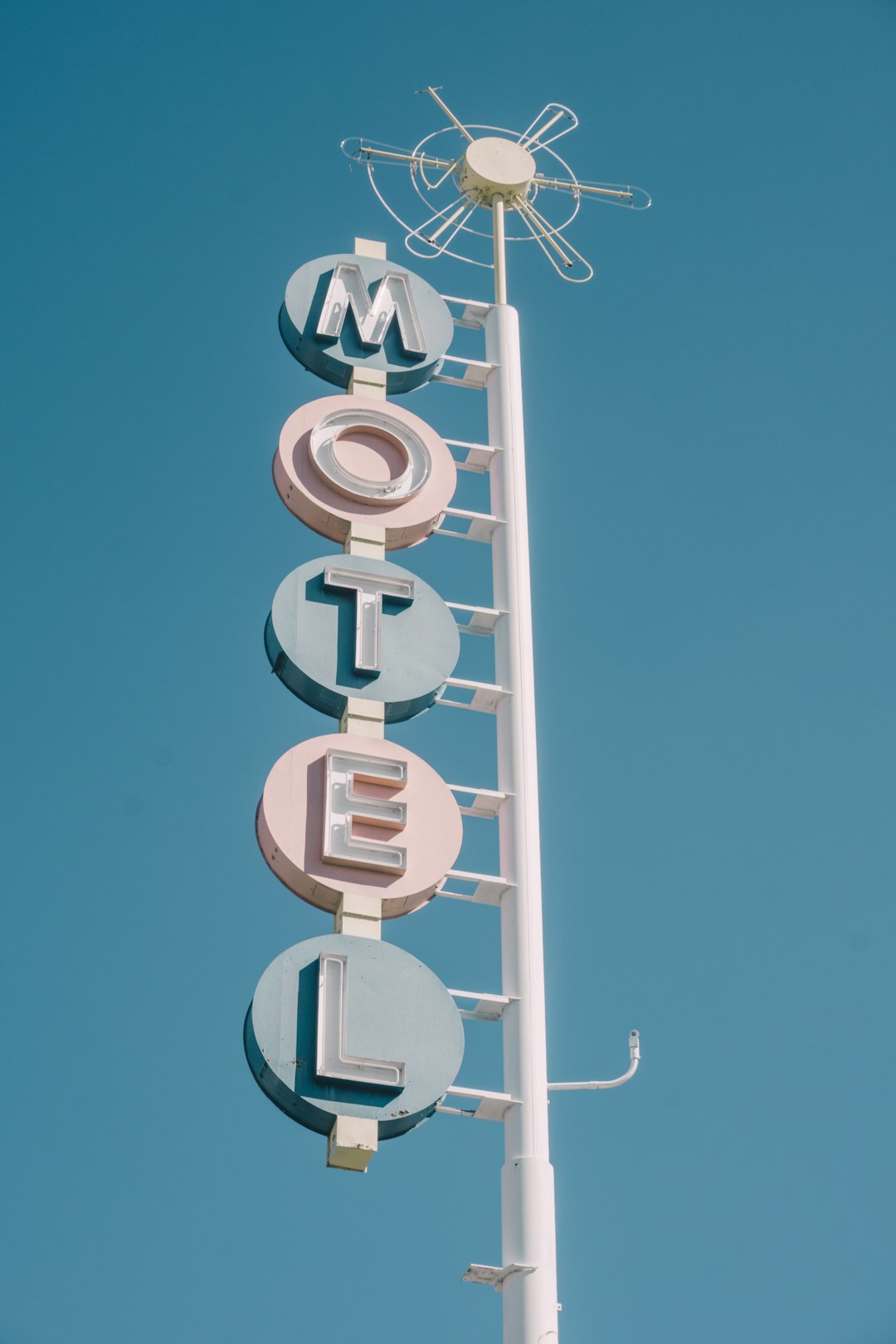
Remember dot matrix printers? 3D printing has come a long way! From its humble beginnings in the 1980s, 3D printing (or additive manufacturing) has revolutionized prototyping and manufacturing. What was once a technology reserved for large corporations and research institutions is now accessible to hobbyists, entrepreneurs, and educators. This widespread adoption has driven down costs, making “How much is a really good 3D printer?” a question on everyone’s minds.
How Much Should You Expect to Spend on a Quality 3D Printer? 🤔
The million-dollar question (or perhaps not quite a million…). The price of a “really good” 3D printer can range from a few hundred dollars to several thousand, depending on your needs and expectations.
Think of it like buying a car. You can get a reliable used car for a few thousand dollars, or you can splurge on a luxury sports car for a small fortune. Both will get you from point A to point B, but the experience and capabilities will be vastly different. 🏎️
3D Printer Pricing for Different Purposes: Hobbyist vs. Professional 🧰
Hobbyist 3D Printers: Fun and Functional on a Budget
For hobbyists, beginners, and those looking to dip their toes into the world of 3D printing, there are fantastic options available for under $500. These printers often utilize Fused Deposition Modeling (FDM) technology, extruding layers of melted plastic filament to create objects.
✅ Pros:
- Affordable entry point
- User-friendly interfaces
- Great for learning the basics
❌ Cons:
- May have limitations in print resolution and speed
- Limited material compatibility
Examples:
- Creality Ender 3 V2: Amazon | Walmart | Creality Official
- Elegoo Mars 2: Amazon | Walmart | Elegoo Official
Professional 3D Printers: Precision and Performance for Demanding Applications 🏢
Professionals, businesses, and advanced users often require 3D printers with higher resolution, larger build volumes, and compatibility with a wider range of materials. These printers can cost several thousand dollars but offer unparalleled precision, reliability, and advanced features.
✅ Pros:
- High-resolution prints with intricate details
- Larger build volumes for bigger projects
- Compatibility with engineering-grade materials
❌ Cons:
- Higher upfront cost
- May require more technical expertise
- Consumables can be more expensive
Examples:
- Formlabs Form 3: Amazon | Formlabs Official
- Ultimaker S5: Amazon | Ultimaker Official
Is Investing in a 3D Printer Worth It? ⚖️
This is where it gets personal. A 3D printer can be a fantastic investment, but it depends on your individual needs and goals.
Ask yourself:
- What do I want to print? Fun toys and gadgets? Prototypes for a business? Complex engineering parts? 🤔
- How often will I use it? Daily? Weekly? Occasionally? 📅
- What’s my budget? Be realistic about what you can afford, including the cost of consumables. 💰
If you’re still unsure, check out our article about 3D Printers for Small Businesses to see if it could be a worthwhile investment for your venture.
Top 10 3D Printers of 2024: Our Expert Picks🏆
At Best 3D Printer™, we live and breathe 3D printing. We’ve tested countless models, and these are our top picks for 2024, catering to a range of budgets and needs:
- Bambu Lab P1P: This printer has taken the 3D printing world by storm with its incredible speed and print quality. Unlocking the Secrets: 15 Proven Ways to Get High Quality 3D Prints in 2024! 🚀
- 👉 CHECK PRICE on: Amazon | Bambu Lab Official
- Creality Ender-3 V3 SE: A budget-friendly workhorse that consistently delivers reliable prints.
- 👉 CHECK PRICE on: Amazon | Creality Official
- Anycubic Kobra 3 Combo: An excellent value-for-money option with a large build volume and multi-filament capabilities.
- 👉 CHECK PRICE on: Amazon | Anycubic Official
- Creality K1C: A high-speed beast with advanced features, perfect for demanding users and educational settings.
- 👉 CHECK PRICE on: Amazon | Creality Official
- Original Prusa MK4: Known for its exceptional reliability, ease of use, and vibrant community support.
- 👉 CHECK PRICE on: Prusa Research Official
- AnkerMake M5C: This printer boasts impressive precision and speed, making it a favorite among makers and tinkerers.
- 👉 CHECK PRICE on: Amazon | AnkerMake Official
- TriLab AzteQ Industrial: A robust and reliable industrial-grade 3D printer for professional applications.
- 👉 CHECK PRICE on: TriLab Official
- Creality Halot-Mage Pro: A resin 3D printer that delivers stunningly detailed miniatures and models.
- 👉 CHECK PRICE on: Amazon | Creality Official
- Elegoo Mars 3: Another excellent resin printer known for its user-friendliness and high print quality.
- 👉 CHECK PRICE on: Amazon | Elegoo Official
- Phrozen Sonic Mini 4K: This compact resin printer packs a punch, offering impressive detail and speed.
- 👉 CHECK PRICE on: Amazon | Phrozen Official
For in-depth reviews and comparisons of these printers and more, visit our 3D Printer Reviews section!
Factors Influencing 3D Printer Prices: What You Need to Know 💡
1. Printing Technology: FDM vs. SLA vs. SLS 🔬
The technology a 3D printer uses significantly impacts its price.
- FDM (Fused Deposition Modeling): The most common and affordable technology, extruding melted plastic filament.
- SLA (Stereolithography): Uses a UV laser to cure liquid resin, resulting in highly detailed prints. SLA printers are generally more expensive than FDM printers.
- SLS (Selective Laser Sintering): Uses a laser to fuse powdered material, often nylon or metal. SLS printers are typically the most expensive and used for industrial applications.
2. Print Resolution and Accuracy: The Devil is in the Details 🔍
Higher resolution means finer details and smoother surfaces, but it usually comes at a higher price.
- Layer Height: Measured in microns, a lower layer height means finer layers and a smoother finish.
- Print Accuracy: How accurately the printer can reproduce the dimensions of a 3D model.
3. Build Volume: Size Matters (Sometimes) 📦
A larger build volume allows you to print larger objects or multiple smaller objects simultaneously. However, larger printers generally cost more.
4. Features and Functionality: Bells and Whistles 🔔
- Heated Bed: Essential for printing with certain materials like ABS, ensuring better adhesion and reducing warping.
- Dual Extrusion: Allows you to print with two different materials simultaneously, creating complex objects or adding support structures.
- Automatic Bed Leveling: Saves you time and frustration by automatically leveling the print bed.
- Wi-Fi Connectivity: Enables you to control and monitor your printer remotely.
5. Brand Reputation and Support: Peace of Mind 🤝
Established brands with a good reputation for quality and customer support often command higher prices. Consider factors like warranty, availability of replacement parts, and online community support.
Common Misconceptions About 3D Printer Costs ❌
1. “3D Printers Are Too Expensive!”
While professional-grade 3D printers can be pricey, there are plenty of affordable options available for hobbyists and beginners. You can find a quality 3D printer for under $500, and prices continue to drop as technology advances.
2. “3D Printing is Cheap!”
While the cost of entry may be relatively low, remember to factor in the ongoing costs of consumables like filament, resin, and replacement parts. These costs can add up over time, especially if you print frequently.
3. “I Only Need to Buy the Printer.”
You’ll need additional tools and accessories to get the most out of your 3D printer, such as:
- Filament or Resin: The raw material your printer uses to create objects.
- Spare Nozzles: Nozzles can wear down over time and may need to be replaced.
- Cleaning Supplies: Isopropyl alcohol and microfiber cloths are essential for cleaning your prints and printer.
- Digital Design Software: You’ll need software like Tinkercad, Fusion 360, or Blender to create or modify 3D models.
How to Choose the Right 3D Printer for Your Needs 🎯
Choosing the right 3D printer can feel overwhelming, but it doesn’t have to be! Consider these factors:
- Your Budget: Determine how much you’re willing to spend on the printer itself and factor in the ongoing costs of consumables.
- Your Printing Needs: What do you want to print? What level of detail and accuracy do you require? How large are the objects you want to create?
- Your Technical Expertise: Are you a beginner or an experienced maker? Some printers are more user-friendly than others.
- Brand Reputation and Support: Choose a reputable brand with good customer support and a strong online community.
Still feeling lost? Check out our detailed guide on How to Choose the Right 3D Printer for a step-by-step breakdown of everything you need to consider.
Conclusion 🎉

So, how much is a really good 3D printer? The answer varies depending on your needs, budget, and intended use. From budget-friendly options like the Creality Ender 3 V2 to high-end professional models like the Formlabs Form 3, there’s a 3D printer for everyone.
Positives:
- Affordable Options: There are many printers available for under $500 that deliver great results for hobbyists and beginners.
- Versatile Applications: Whether you’re printing toys, prototypes, or educational projects, the right printer can meet your specific needs.
- Rapid Advancements: The 3D printing industry is evolving quickly, which means better technology and lower prices.
Negatives:
- Ongoing Costs: Don’t forget about the costs of materials and maintenance, which can add up over time.
- Learning Curve: Some printers require more technical know-how, which might be daunting for beginners.
In summary, investing in a quality 3D printer can be a rewarding experience, but it’s essential to do your research and choose the right model for your specific needs. The perfect 3D printer tailored to your unique needs awaits you! 🚀
Recommended Links 🛒
-
👉 Shop the best 3D printers:
- Bambu Lab P1P: Amazon | Bambu Lab Official
- Creality Ender-3 V2: Amazon | Creality Official
- Anycubic Kobra 3 Combo: Amazon | Anycubic Official
- Formlabs Form 3: Formlabs Official
-
Books on 3D Printing:
FAQ ❓
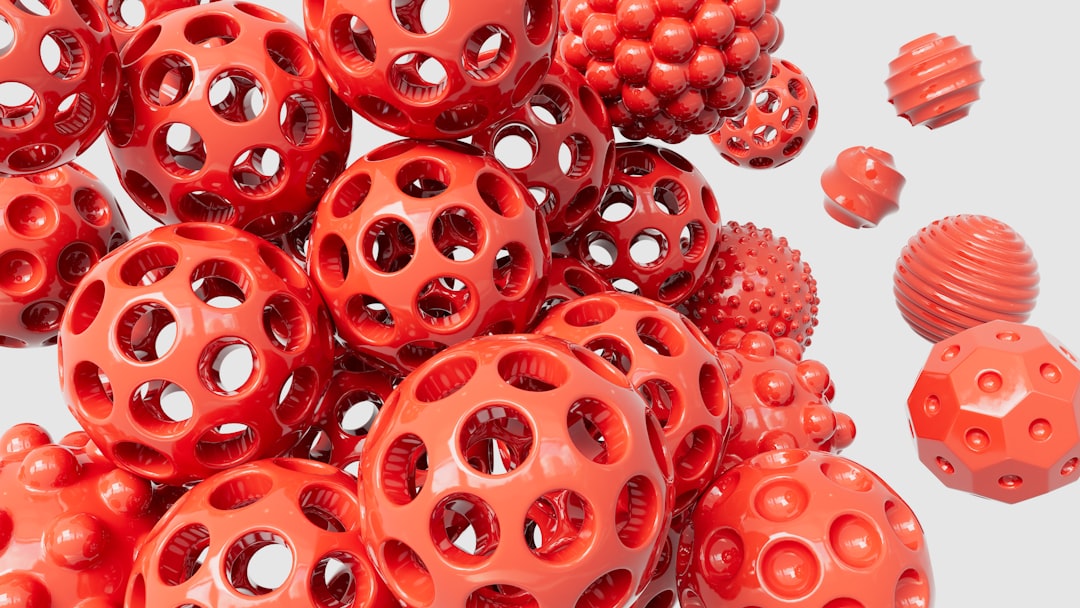
How much should I spend on a good 3D printer?
A good 3D printer can range from $200 to $5,000 or more. If you’re a beginner, expect to spend around $200-$500 for a reliable model. For professional use, you might consider investing $1,000 or more for higher quality and advanced features.
Read more about “Discover the Best Prusa 3D Printers: 15 Must-Know Models for 2024! 🚀”
How much does 3D printing really cost?
The overall cost of 3D printing includes the printer, materials, maintenance, and electricity. While the initial investment can be significant, ongoing costs primarily depend on the materials used. For example, filament can cost anywhere from $20 to $50 per kilogram, while resin can be more expensive, ranging from $30 to $150 per liter.
What is the highest quality 3D printer?
The highest quality 3D printers are typically found in the professional and industrial categories. Models like the Formlabs Form 3 and Ultimaker S5 are known for their precision, reliability, and material compatibility, making them top choices for professionals.
Read more about “Flashforge USA – Your Ultimate Guide to 3D Printer Solutions … ✅”
What budget 3D printer to buy?
For a budget-friendly option, the Creality Ender-3 V2 is highly recommended. It offers excellent print quality and is user-friendly, making it perfect for beginners. Another great option is the Anycubic Kobra 3 Combo, which provides versatility and a larger build volume.
Read more about “Is the Ender 3 Pro the Ultimate Choice for Miniatures? Discover the Truth! … 🎲”
What features should I look for in a 3D printer?
When choosing a 3D printer, consider features like build volume, print resolution, and ease of use. Automatic bed leveling, dual extrusion capabilities, and a heated bed are also beneficial features that can enhance your printing experience.
Read more about “75 Exciting Things to Print on a 3D Printer That Will Blow Your Mind! … 🚀”
Are there 3D printers specifically for education?
Yes, there are many 3D printers designed specifically for educational purposes. Models like the Creality K1C provide user-friendly interfaces and features that make them ideal for classrooms and learning environments.
Reference Links 🔗
- TechRadar – Best 3D Printers of 2024
- AnkerMake Blog on 3D Printer Costs
- PRTWD – How Much Does 3D Printing Cost?
- 3D Printing Industry News
By exploring the links above, you can dive deeper into the fascinating world of 3D printing and make informed decisions. Happy printing! 🖨️✨
